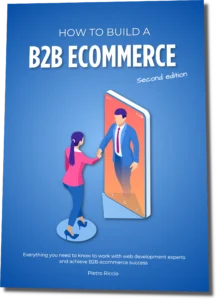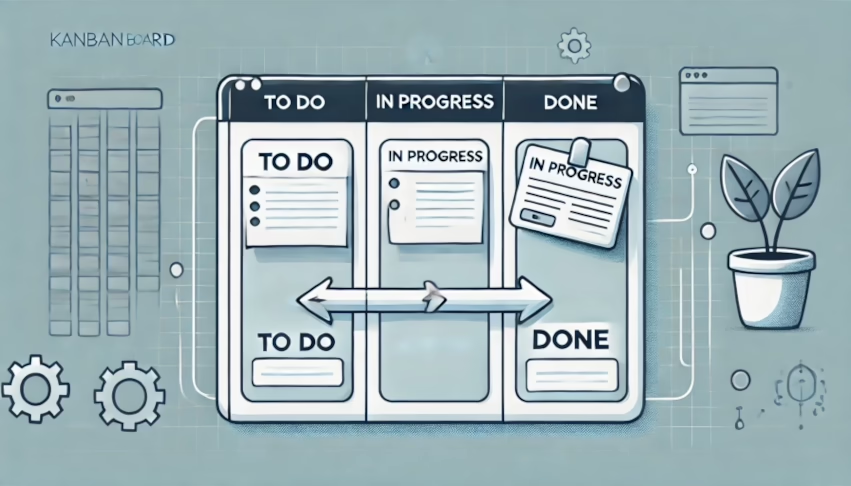Table of Contents
What Are Ad Hoc and Retainer Services?
Ad Hoc Services
Ad Hoc services are provided on an as-needed basis, without any ongoing commitment or pre-arranged schedule.
Clients request specific tasks, such as updating an e-commerce CMS, fixing bugs, adding new features, or making design changes to a website.
Billing is typically by the hour (a model sometimes referred to as “Time and Material”), or per project.
Retainer Services
A Retainer arrangement involves a more formal and ongoing relationship.
Clients pay a regular fee, usually monthly, for a recurring set amount of the agency’s time and services, e.g. 30h/month.
Similarly to Ad Hoc, Retainer services in an e-commerce web development context may include site maintenance, updates, support, and development work.
When the agreed amount of time is insufficient to achieve a particular task, retainer clients might receive additional time if needed, depending on availability. Or just wait for the next support cycle to start.
This arrangement ensures that the agency is consistently available, offering regular, prioritised service and building a reliable partnership for long-term e-commerce needs.
What's the difference between Ad Hoc and Retainer?
- Commitment Level:
- Ad Hoc: There is no long-term commitment. Clients hire the agency as needed for specific tasks.
- Retainer: Involves a long-term commitment, often monthly, with the agency dedicated to providing ongoing services.
- Cost Structure:
- Ad Hoc: Normally, Ad Hoc hours are more expensive than Retainer hours.
- Retainer: Agencies are often happy to offer “Volume Discounts” to Retainer clients – this usually does not apply to eventual additional “overtime”.
- Flexibility:
- Ad Hoc: Highly flexible, allowing clients to seek help only when specific needs arise.
- Retainer: Unused Retainer time is lost.
- Priority:
- Ad Hoc: Clients may not receive priority attention, and work might be postponed when hours are available.
- Retainer: Usually, clients receive prioritised service – agencies reward commitment and privilege recurring income.
- Response Time and Process:
- Ad Hoc: Response times can be slower if each request requires estimation and approval before work begins.
- Retainer: Smaller tasks for retainer clients are often addressed quickly, as usually clients don’t ask for an estimate (this is not set in stone).
Should you chose a Retainer or an Ad Hoc level of service?
You Should Choose Ad Hoc if:
- Your website is relatively static, with infrequent updates or bug fixes – PS in this article you’ll find out more about when patching or updating your Magento e-commerce website.
- Your budget is severely limited.
- You are planning a small project, with well-defined start and end and without ongoing maintenance.
- You are comfortable defining and describing clear specific tasks.
You Should Choose a Retainer if:
- Your website requires regular updates and maintenance.
- You want to budget for fixed monthly expenses.
- You need rapid issue resolution.
- You seek a long-term relationship with your agency, ensuring consistent quality and business understanding.
A Note on False Economy
Merchants with limited digital activities or lower online turnover may opt for Ad Hoc services, even if they can afford a Retainer.
A classic consequence of this approach is that updates are postponed for a long time. This might not result in such big savings.
For three reasons:
- Obsolete systems might start requiring small but frequent work just to keep them going.
- Improvements might have to be postponed too, costing in terms of missed opportunities.
- When the “update trigger” is finally pulled, updating from version 1 to 5 might cost the same as what it would have cost updating through versions 2,3, and 4.
On the other hand, within reason, a Retainer type of agreement might result in three, less evident, advantages:
- When you engage an agency with a Retainer, they might include some extra time at no additional cost.* Occasional help with answering questions, quick fixes, or administrative tasks might not be counted against your Retainer, within reason.
- By working regularly on your website, the agency becomes familiar with it and can be more efficient compared to working on an Ad Hoc basis, where they would need to ‘re-learn’ your website for infrequent tasks.
- Agencies will strive to use your Retainer proactively.
As long as this adds value to your website, it means you have someone consistently taking care of your site, requiring less direct engagement from you.
Oftentimes, answering questions requires research and this will be counted against your Retainer.
This might be why, sometimes, you “ran out of hours” without even realising.
Conclusion
In summary, Ad Hoc services are best for flexibility and occasional needs, while Retainer services suit businesses needing regular, reliable support and ongoing development.
Counterintuitively, Ad Hoc might cost more than a Retainer if you are not proactive. To make the most of an Ad Hoc approach, you need to be able to create good tickets, and lead your agency (our e-commerce management service might help you).
Clients should consider their business size, the criticality of their website to operations, and budgetary constraints when deciding between the two options.
If you are still not sure which model suits you best, and which one should you go for with your agency (or a different agency – read this if you are thinking about changing your web agency), we might be able to advise you with a broad spectrum consultation.




